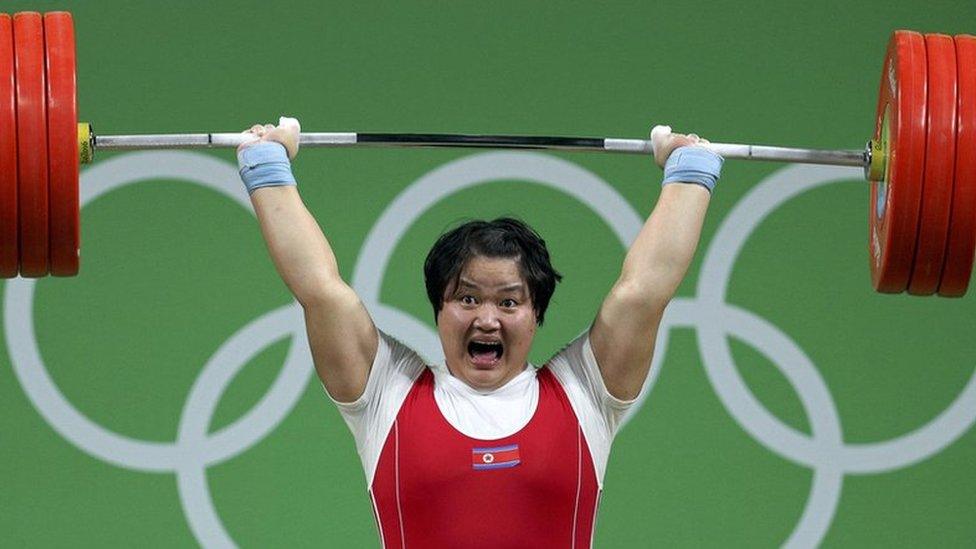Japan warns over North Korean 'charm offensive'
- Published
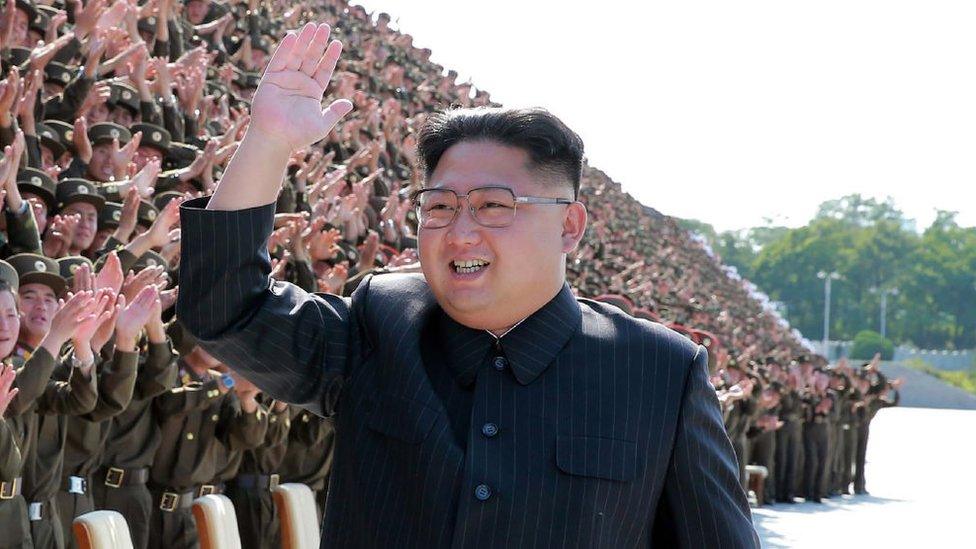
North Korea has recently moved towards talks with its Southern counterpart
Japan has told an international meeting on North Korea that the world should not be blinded by Pyongyang's recent "charm offensive".
Foreign Minister Taro Kono's comments come as the Koreas discuss Pyongyang's plans to take part in February's Winter Olympics in the South.
A flurry of ideas to emerge include sending a huge cheerleader squad over the land border.
Ministers attending the talks in Canada agreed to raise pressure on Pyongyang.
But the 20 foreign ministers in Vancouver also expressed support for the ongoing North-South discussions.
North Korea has in the past two years rapidly advanced its nuclear and conventional weapons programmes, despite increasing international sanctions.
Its latest ballistic test, on 28 November, sparked a new series of fresh sanctions from the UN, which targeted petrol shipments and travel.
But North Korean leader Kim Jong-un said in early January that he was "open to dialogue" with the South and proposed sending a delegation to the Games in Pyeongchang, South Korea, next month.
The two Koreas subsequently held their first high-level talks in more than two years on how to make this happen.
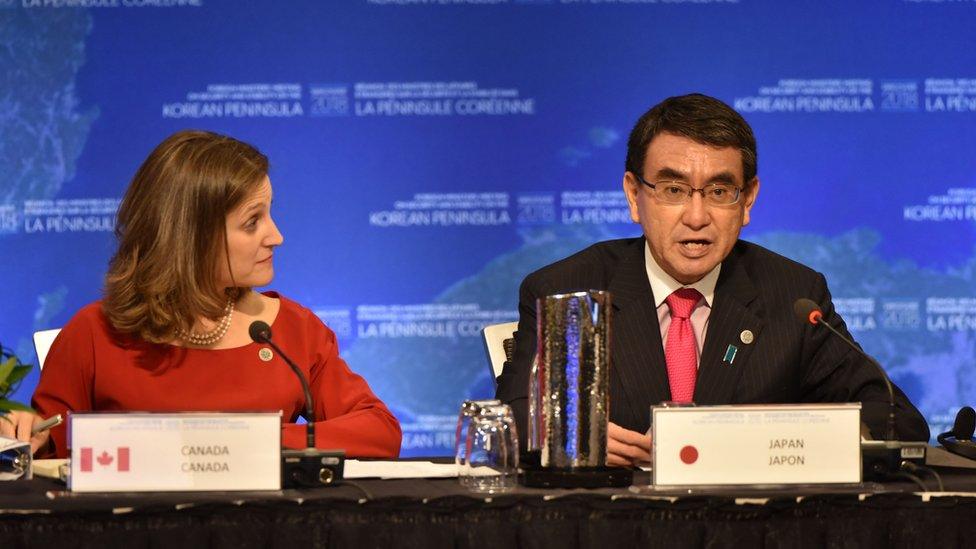
Mr Kano said he believed North Korea was "buying time"
Amid enthusiasm at apparently easing tensions, ideas to emerge from the talks reportedly include:
A proposal from North Korea to send a 230-strong cheerleading squad to the South over the land border
The formation of a joint women's ice hockey team
Marching together at the Games' opening ceremony
The inter-Korean talks have been credited with easing tensions on the peninsula, but Mr Kono urged countries not to let their guard down.
"I am aware that some people argue that because North Korea is engaging in inter-Korean dialogue, we should reward them by lifting up sanctions or by providing some sort of assistance," he said.
"Frankly I think this view is just too naive. I believe that North Korea wants to buy some time to continue their nuclear missile programme."
The US echoed his remarks, with Secretary of State Rex Tillerson calling for an increase in pressure on Pyongyang to the point where it "must come to the table for credible negotiations".
South Korean Foreign Minister Kang Kyung-wha told the meeting she believed recent sanctions and pressure had a part to play in North Korea's recent willingness for talks.
"Indeed the concerted efforts of the international community have begun to bear fruit," she said.
'Illegitimate' meeting
In their final joint statement, the 20 nations said they would consider imposing tougher sanctions on Pyongyang going beyond those required by UN Security Council resolutions.
The day-long meeting was co-hosted by the US and Canada. China and Russia, two of Pyongyang's biggest allies, were not invited.
Both countries have been accused of not putting enough pressure on Pyongyang to stop it from developing its nuclear ambitions.
Beijing dismissed the meeting as "illegitimate".
"The most important relevant parties of the Korean peninsula issue haven't taken part in the meeting so I don't think the meeting is legal or representative," said Chinese foreign ministry spokesman Lu Kang.
- Published10 January 2018
- Published9 January 2018
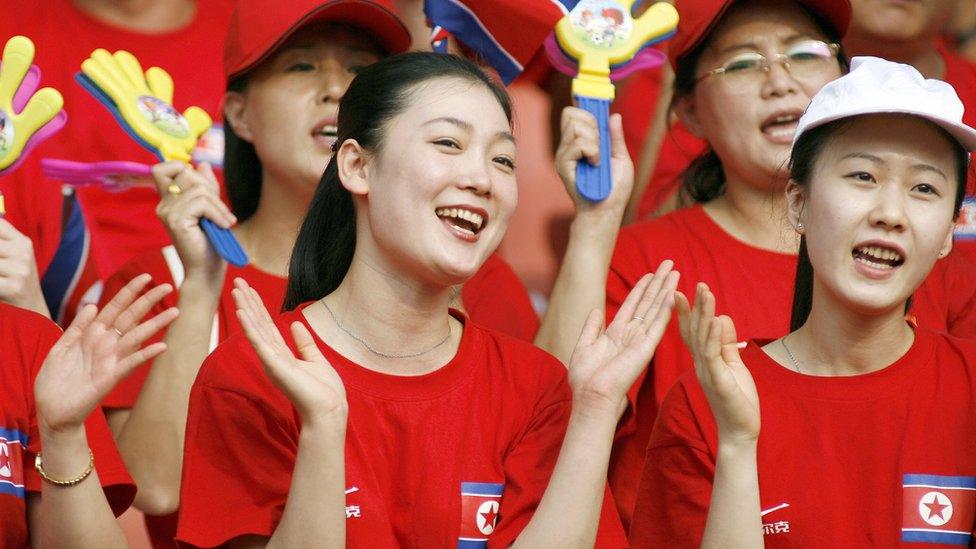
- Published14 January 2018
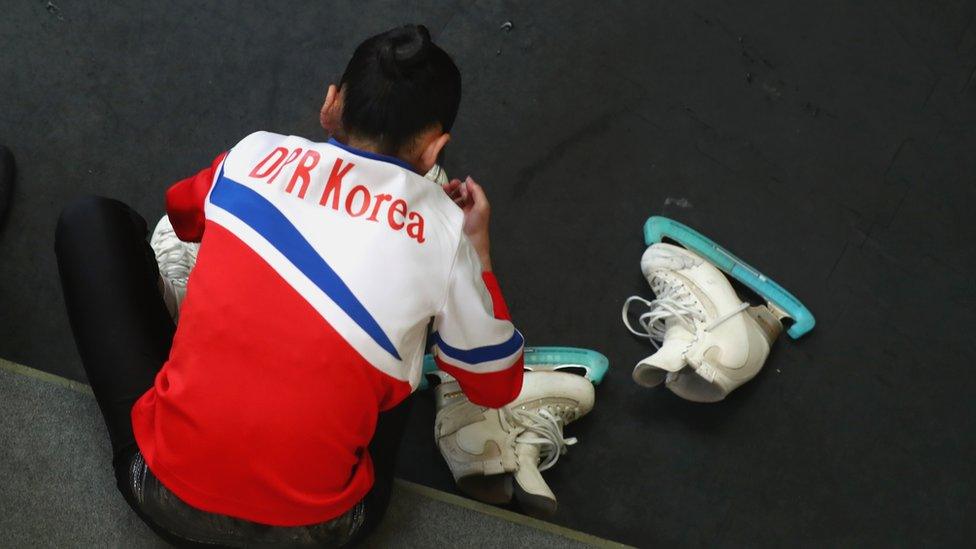
- Published3 January 2018
